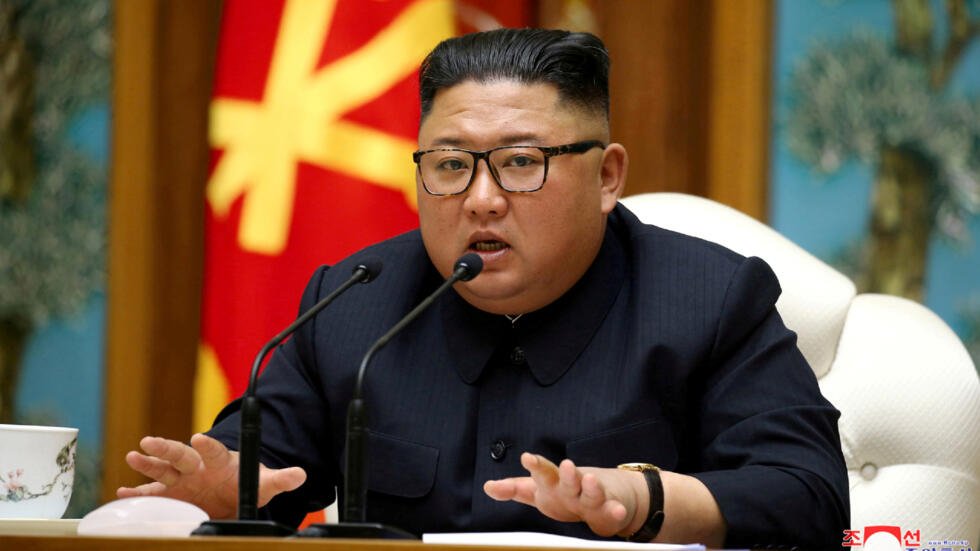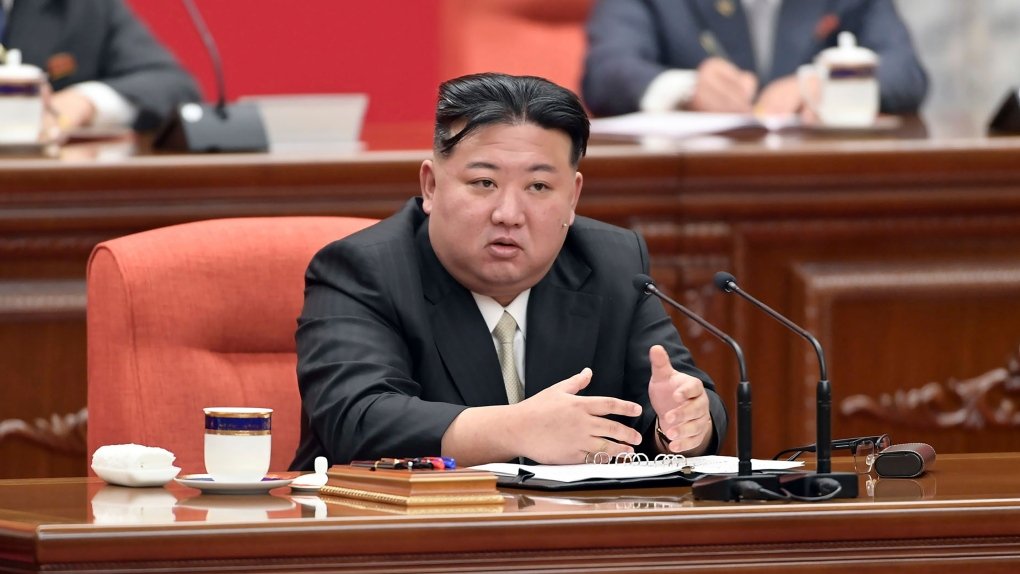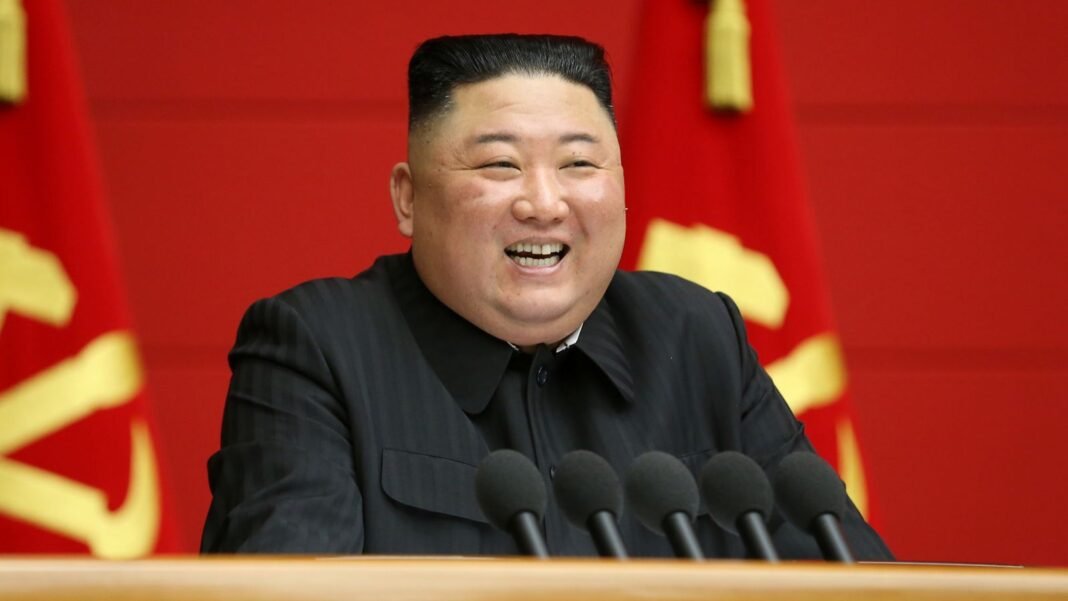In a recent surge of heightened rhetoric, North Korean leader Kim Jong Un has escalated tensions by declaring South Korea as a “principal enemy.” This provocative statement comes amidst the backdrop of an upcoming US election year, adding complexity to the already delicate relationship between the two Koreas.
The longstanding conflict between North and South Korea has witnessed sporadic escalations, often characterized by aggressive rhetoric and occasional military skirmishes. The disputed sea boundary has been a contentious flashpoint, with three naval clashes occurring since 1999. In 2010, North Korea was accused of orchestrating two attacks that resulted in the tragic death of 50 South Koreans in the area, further exacerbating tensions.
Kim Jong Un’s recent statement adds a fresh layer of complexity to the geopolitical landscape. The use of the term “principal enemy” is a departure from previous diplomatic language and raises concerns about the potential for increased hostilities. Analysts are closely watching the situation, considering the historical context of North Korea’s unpredictable behavior and the implications of such rhetoric in an election year.
The timing of Kim’s statement, aligning with the approaching US election, adds an intriguing dimension to the situation. North Korea has historically used provocations and heightened rhetoric as a means to gain attention and leverage in negotiations. The upcoming US election could provide North Korea with a strategic window to assert its agenda on the global stage.
Political Issues Stressing Kim Jong Un
The international community, particularly the United States and its allies, is monitoring the situation with a mix of caution and concern. The Korean Peninsula has been a hotspot for geopolitical tensions, and any escalation could have far-reaching consequences. The Biden administration, currently navigating complex foreign policy challenges, faces the additional task of managing the delicate balance in the Korean region.

Diplomatic efforts and dialogue become crucial in de-escalating tensions. The role of international organizations and neighboring countries in facilitating communication and understanding between North and South Korea cannot be overstated. A renewed commitment to peaceful negotiations and a diplomatic resolution is essential to prevent the situation from spiraling into a full-blown crisis.
In a recent surge of heightened rhetoric, North Korean leader Kim Jong Un has escalated tensions by declaring South Korea as a “principal enemy.” This provocative statement comes amidst the backdrop of an upcoming US election year, adding complexity to the already delicate relationship between the two Koreas.
The longstanding conflict between North and South Korea has witnessed sporadic escalations, often characterized by aggressive rhetoric and occasional military skirmishes. The disputed sea boundary has been a contentious flashpoint, with three naval clashes occurring since 1999. In 2010, North Korea was accused of orchestrating two attacks that resulted in the tragic death of 50 South Koreans in the area, further exacerbating tensions.
Kim Jong Un’s recent statement adds a fresh layer of complexity to the geopolitical landscape. The use of the term “principal enemy” is a departure from previous diplomatic language and raises concerns about the potential for increased hostilities. Analysts are closely watching the situation, considering the historical context of North Korea’s unpredictable behavior and the implications of such rhetoric in an election year.

The timing of Kim’s statement, aligning with the approaching US election, adds an intriguing dimension to the situation. North Korea has historically used provocations and heightened rhetoric as a means to gain attention and leverage in negotiations. The upcoming US election could provide North Korea with a strategic window to assert its agenda on the global stage.
The international community, particularly the United States and its allies, is monitoring the situation with a mix of caution and concern. The Korean Peninsula has been a hotspot for geopolitical tensions, and any escalation could have far-reaching consequences. The Biden administration, currently navigating complex foreign policy challenges, faces the additional task of managing the delicate balance in the Korean region.
Diplomatic efforts and dialogue become crucial in de-escalating tensions. The role of international organizations and neighboring countries in facilitating communication and understanding between North and South Korea cannot be overstated. A renewed commitment to peaceful negotiations and a diplomatic resolution is essential to prevent the situation from spiraling into a full-blown crisis.
As the world watches the developments on the Korean Peninsula, the need for diplomatic finesse and strategic communication takes center stage. The consequences of heightened tensions in the region extend beyond the Korean borders, impacting global geopolitics and security. The coming months will reveal whether the current rhetoric is a prelude to increased hostilities or an opportunity for diplomatic engagement and resolution.
To navigate this complex geopolitical landscape, a comprehensive approach that involves regional stakeholders and international bodies is imperative. The history of the Korean Peninsula is marked by a series of challenges and breakthroughs, and the current situation underscores the importance of fostering an environment conducive to peaceful coexistence.




